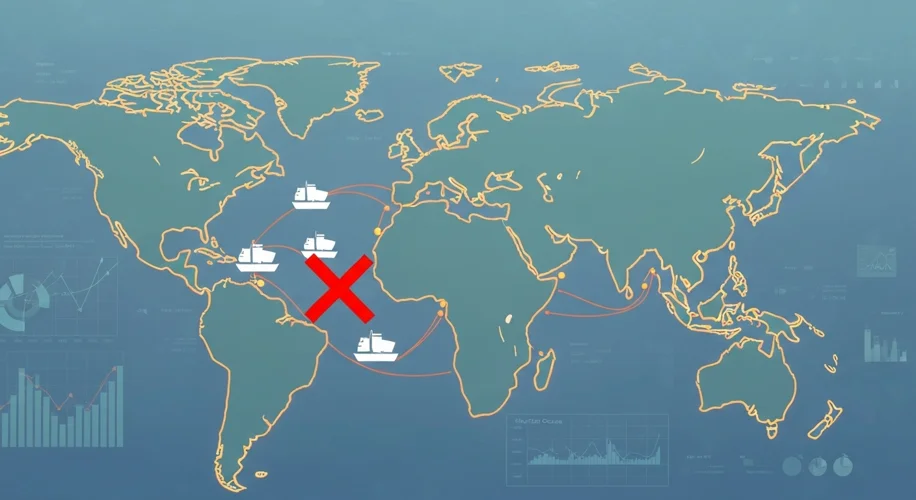As of August 27, 2025, we’re seeing significant shifts in how goods move across the Pacific. Several major postal services across Asia have announced they are halting or significantly restricting the shipment of certain items to the United States. This isn’t just a logistical hiccup; it’s a clear signal that changes in U.S. customs policies are having immediate and tangible effects on the global economy.
These actions by postal operators in countries like South Korea, Singapore, and Vietnam point to complex new regulations or increased scrutiny at U.S. borders. While the exact details vary, the common thread seems to be an effort to better track, categorize, or tax incoming goods. For businesses that rely on efficient, cross-border shipping, this disruption can be substantial.
Think about the impact on small e-commerce sellers, for instance. Many operate on thin margins and depend on predictable shipping times and costs. When a key shipping route is suddenly interrupted or becomes prohibitively expensive due to new customs procedures, it can cripple their ability to serve their customers. This isn’t just about lost sales; it’s about supply chain reliability.
Beyond individual businesses, these policy shifts can have broader economic repercussions. For Asian economies that are heavily export-driven, any friction in reaching major markets like the U.S. can slow down growth. It might lead to businesses rethinking their manufacturing locations, exploring alternative markets, or investing in more robust domestic supply chains. This could reshape global trade patterns in the long run.
From my perspective, having spent decades in the tech industry, I’ve seen how interconnected our global systems have become. A change in customs policy, seemingly a governmental administrative matter, can send ripples through logistics networks, impact consumer prices, and even influence where companies decide to invest. It highlights how crucial it is for policymakers to consider the interconnectedness of global trade and the potential unintended consequences of new regulations.
It’s a reminder that in our increasingly globalized and digital world, the flow of goods is as vital as the flow of information. When that flow is disrupted, we all feel the effects. Understanding these policy shifts and their impact is key to navigating the future of international commerce.

